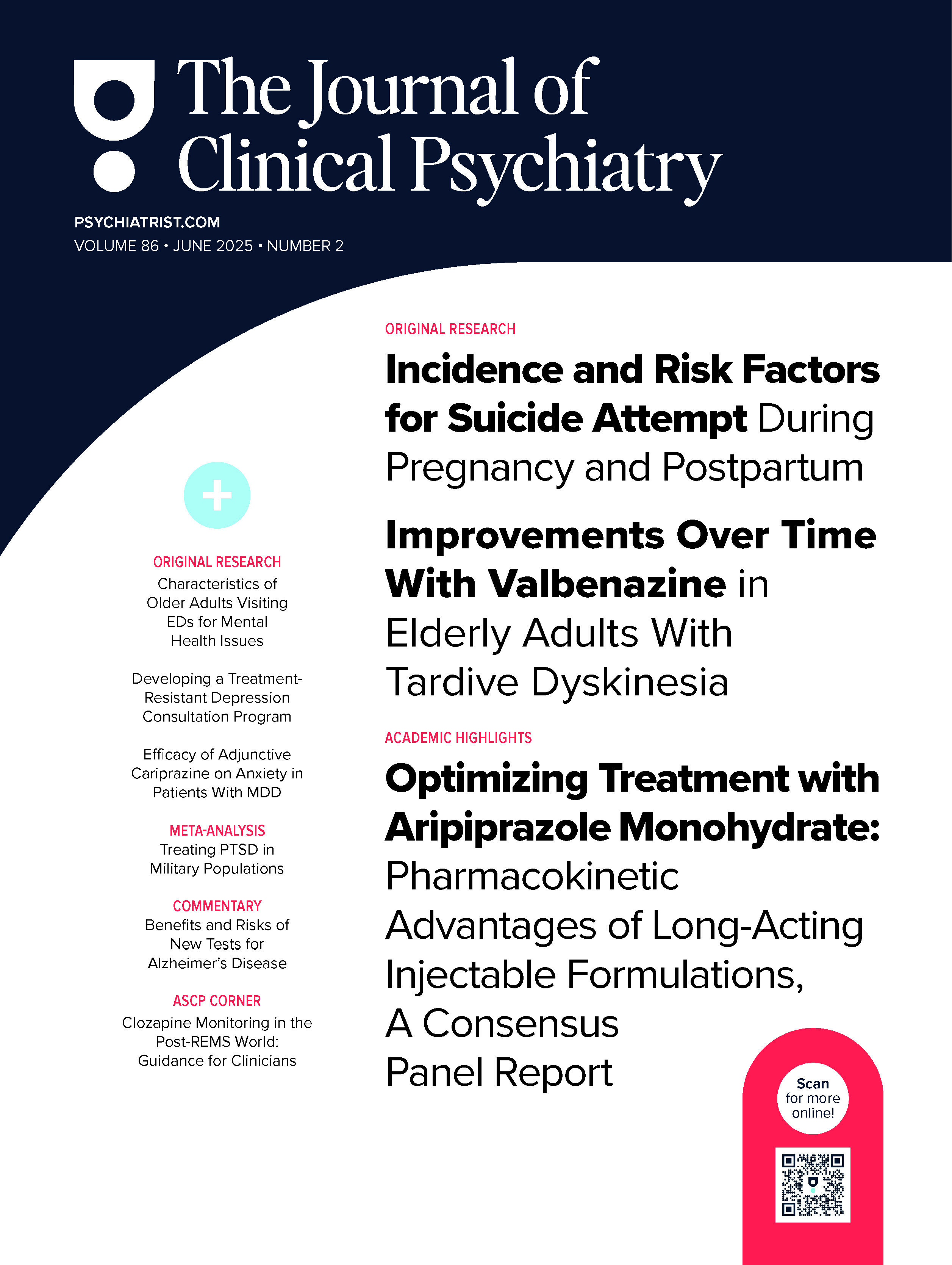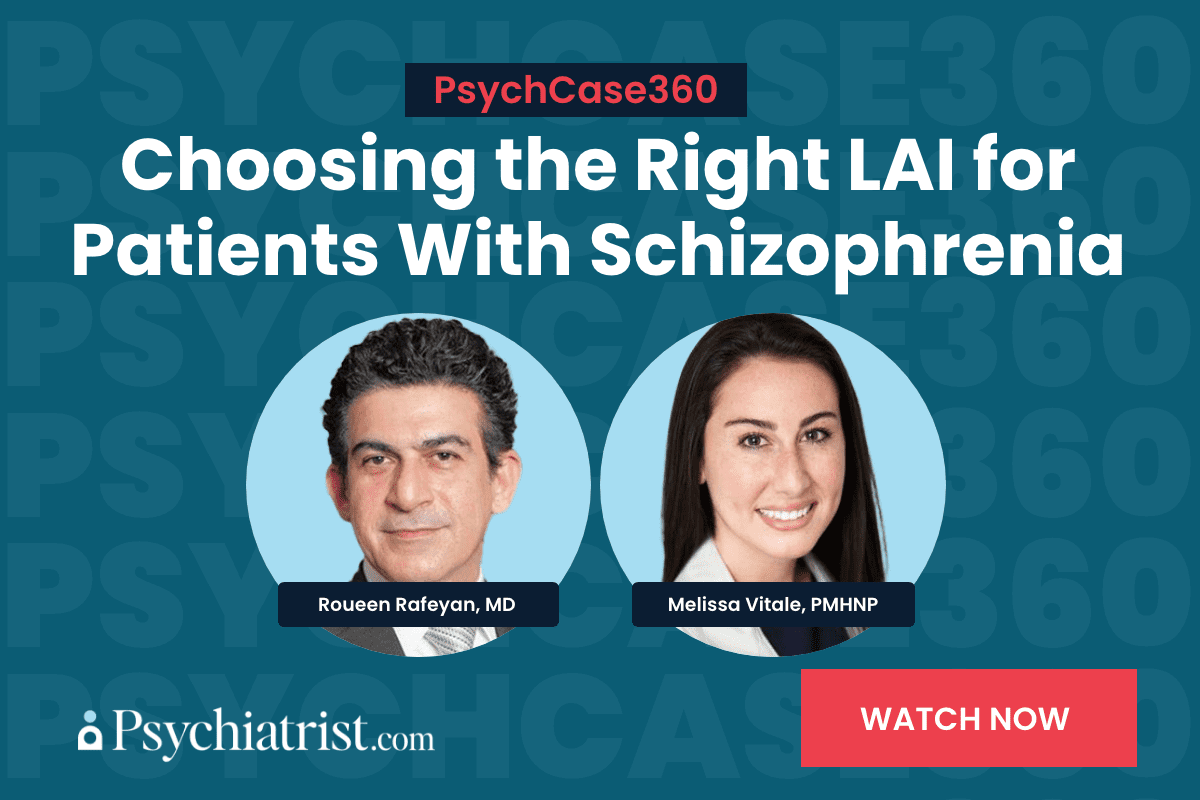Objective: A substantial number of patients who respond to antidepressants experience a relapse despite ongoing pharmacotherapy. The return of symptoms has been interpreted as a loss of the effectiveness of antidepressant activity. However, patients who initially improve while taking antidepressants include an admixture of true drug responders and placebo responders. Consequently, symptom return despite ongoing treatment may not represent a loss of drug effect because the patient may not have experienced a true drug response in the first place. The goal of the present report is to estimate the proportion of relapse attributable to the loss of true drug response versus a loss of placebo response.
Data Sources: We reviewed continuation studies of new-generation antidepressants that began as placebo-controlled acute-phase studies. Studies were identified using MEDLINE (English-language articles published from 1980 to 2005 in 23 prespecified journals, using the search terms depression, continuation, and tachyphylaxis). Finally, we identified studies in reference lists of pertinent studies and review articles.
Study Selection: Five studies were reviewed and selected according to the following criteria: continuation studies of new-generation antidepressants that began as placebo-controlled acute-phase studies. One of the studies was excluded from our analyses because it did not report response rates in the acute phase, and we could not find acute-phase response rates in related reports.
Data Synthesis: Using the 2 formulas proposed by Quitkin andcolleagues, we estimated the proportion of relapse attributable to the loss of true drug response versus the loss of response attributable to the nonspecific effects of treatment: The relapse rate in placebo responders was 24.1%, whereas the relapse rate in antidepressant responders was 7.4%. Two different methods of estimating relapse suggested that the majority of relapses in patients taking antidepressants during continuation treatment could be attributed to relapses occurring in patients who were not true drug responders.
Conclusion: Most of the relapse rate during new-generation antidepressant continuation treatment may be due to relapse in patients who were not true drug responders, which suggests that loss of true drug response may be less common than previously thought.
Please sign in or purchase this PDF for $40.00.




